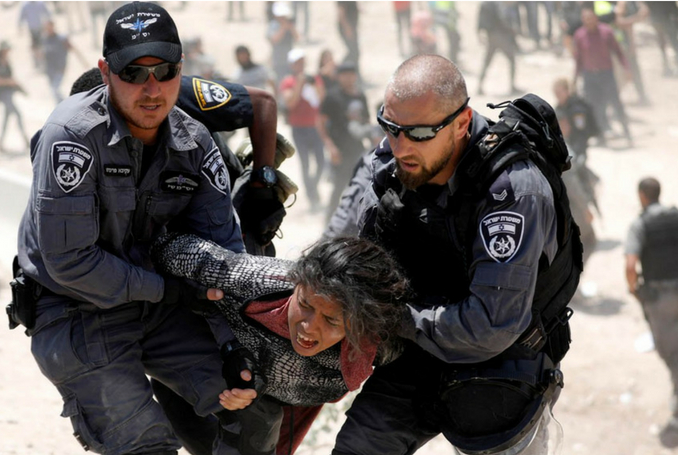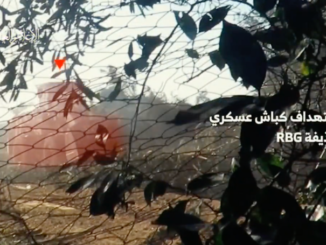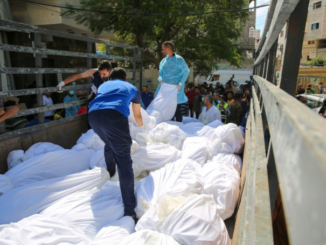
By Ramona Wadi
With the Bedouin village of Khan Al-Ahmar still targeted by Israel for demolition, Palestinian Authority leader Mahmoud Abbas has availed himself of the opportunity to call for mobilization in the form of popular resistance. This, he maintains, is “the only means of struggle towards independence and statehood”, to the exclusion of all other forms of anti-colonial struggle. Khan al-Ahmar’s context, however, was necessary for Abbas to make his argument.
In other remarks during the 29thmeeting of the Palestinian Central Council, he reiterated his authoritarian plans for Gaza and for reconciliation to happen on terms that have been imposed by the international community upon the Palestinians. If popular resistance is implemented according to Abbas’s directives, it will undoubtedly be a limited endeavor, fraught with restrictions and transformed into another tool for the PA to allow Israel to complete its colonization of the whole of Palestine.
Just as Abbas wishes to eliminate all other possibilities of the Palestinian leadership, “popular resistance” in PA rhetoric means abandoning all other legitimate forms of resistance for one that is easier to control in terms of conforming to the authority’s demands. Furthermore, endorsement of popular resistance by the PA is being used to project purported differences between Gaza and the occupied West Bank, despite the fact that Palestinians in Gaza are the embodiment of popular resistance as part of the collective struggle for freedom from Israel’s occupation.
The PA has often called for popular resistance, only to distance itself from the outcome on many occasions while letting Palestinians become fodder for Israeli jails. It is clear, therefore, that the Ramallah authority utilizes popular resistance to embellish its rhetoric. When Palestinians in the occupied West Bank protest against Abbas’s punitive measures imposed on the people in Gaza, for example, the PA’s security services never hesitate to target peaceful demonstrators with excessive violence. A recent protest at the PLO Headquarters in Ramallah saw PA security officers tearing down the placards of activists asking Abbas to lift his sanctions on Gaza.
The PA is trying hard to monopolize Palestinian popular resistance through differentiation. If popular resistance is restricted to occasional demonstrations against Israeli violations, or if it is necessary to promote any PA diplomatic stunts abroad, Abbas and his aides do not hesitate to endorse it. If, however, Palestinians utilize popular resistance to protest against PA violations, there are no qualms about using violence to disperse protestors. Hence, it is clear that in the PA’s vision of popular resistance, it is the same individuals who determine what popular protest is and how it should be utilized. The result is that such protest becomes yet another form of PA control over Palestinian resilience and resistance to Israel’s military occupation.
Popular resistance requires no endorsements or exhortations from Abbas. The Palestinian concept of liberation is not derived from PA “sacred security cooperation” with Israel and the international community. If the PA thinks it can manipulate the concept of popular resistance to be attributed to their leaders, their political delusion is even greater than it seems. This is especially so given that there is no denying that the Palestinians have decided to implement popular resistance as part of the struggle against all forms of oppression, including the PA’s own collaboration with Israel.
– Ramona Wadi is a staff writer for Middle East Monitor, where this article was originally published. She contributed this article to PalestineChronicle.com.







